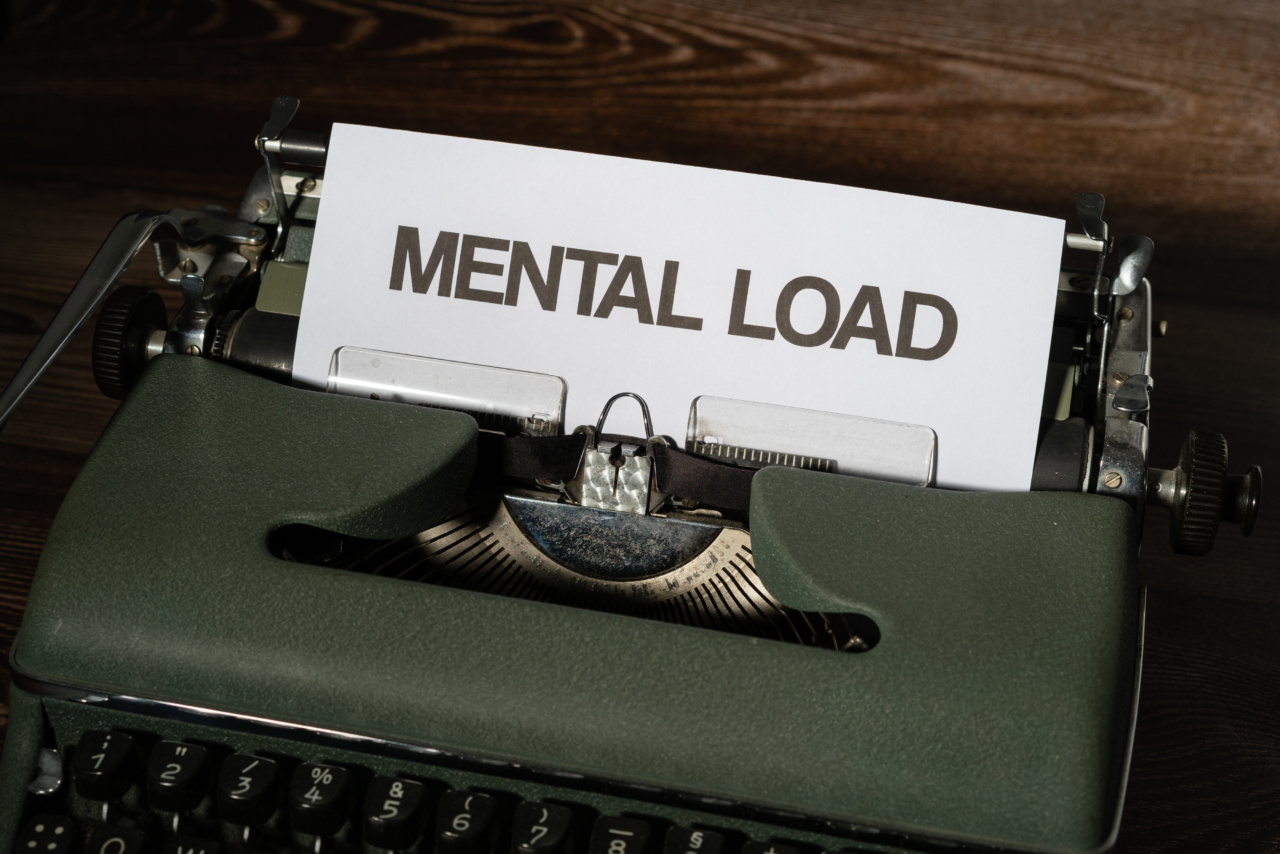Responsibility is the foundation of personal and professional growth. It is the obligation to take ownership of one’s actions, decisions, and consequences that arise from them.
Being responsible is an essential element of a healthy and balanced life, but some people tend to avoid it, which can lead to increased stress and anxiety.
What is Responsibility?
Responsibility is the ability to make decisions and take ownership of the outcomes. It is the recognition of the consequences that arise from our actions.
When people become aware of their actions, they develop a sense of responsibility and take ownership of their lives and their decisions.
Personal responsibility involves recognizing the role we play in our lives. It includes our choices, behaviors, thoughts, and reactions to outside circumstances.
A responsible person is accountable for their actions and recognizes their impact on themselves and others.
Not Taking Responsibility
When individuals avoid responsibility, they lose control over their lives. They may rely on external factors such as luck or other people to make decisions for them.
Such individuals may not be actively engaged in their lives and may feel a lack of purpose or direction.
Avoiding responsibility can lead to increased stress and anxiety. When individuals refuse to take charge of their lives, they lose control over their thoughts and emotions. As a result, they may feel helpless, anxious, or unhappy.
The Impact of Not Taking Responsibility on Health
The negative consequences of not taking responsibility extend beyond mental health and into physical health.
Stress and anxiety are linked to increased risk for many health problems, including high blood pressure, heart disease, and immune system issues.
Not taking responsibility can also lead to unhealthy behaviors such as substance abuse, overeating, and lack of exercise, all of which can further damage health and well-being.
The Link between Responsibility and Resilience
Responsibility is a critical component of resilience. Resilience is the ability to bounce back from adversity and overcome life’s challenges.
Individuals who take responsibility for their lives learn to adapt and grow from negative experiences and develop coping mechanisms for future stressors.
When individuals take control of their lives, they develop a sense of purpose and direction. They learn from their experiences and become more self-aware, which helps them become more resilient in the face of challenges.
How to Develop Responsibility?
Developing responsibility takes time and effort. It requires individuals to be accountable for their actions and decisions. Here are some tips for developing responsibility:.
- Recognize the impact of your actions on others and yourself.
- Learn from your experiences and mistakes.
- Be accountable for your choices.
- Be proactive in solving problems and making decisions.
- Develop self-awareness and mindfulness.
- Practice gratitude and appreciation for the good things in life.
- Develop empathy and understanding of other people’s perspectives.
The Benefits of Taking Responsibility
Taking responsibility leads to a more fulfilling life. It gives individuals a sense of purpose and direction and allows them to be active participants in their lives.
Taking responsibility leads to self-improvement, and growth, which can lead to increased confidence and self-esteem.
Responsibility also leads to healthier relationships. When individuals take ownership of their actions, they become more reliable and trustworthy. This, in turn, creates a positive social environment and fosters stronger connections between individuals.
Conclusion
Taking responsibility is essential for personal and professional growth. When individuals avoid responsibility, they can become stressed, anxious, and unhappy.
Responsibility is the cornerstone of resilience, and developing this trait takes effort and time.
By recognizing the impact of our actions, learning from experiences, and being accountable for our decisions, we can develop responsibility and lead a more fulfilling life.





























